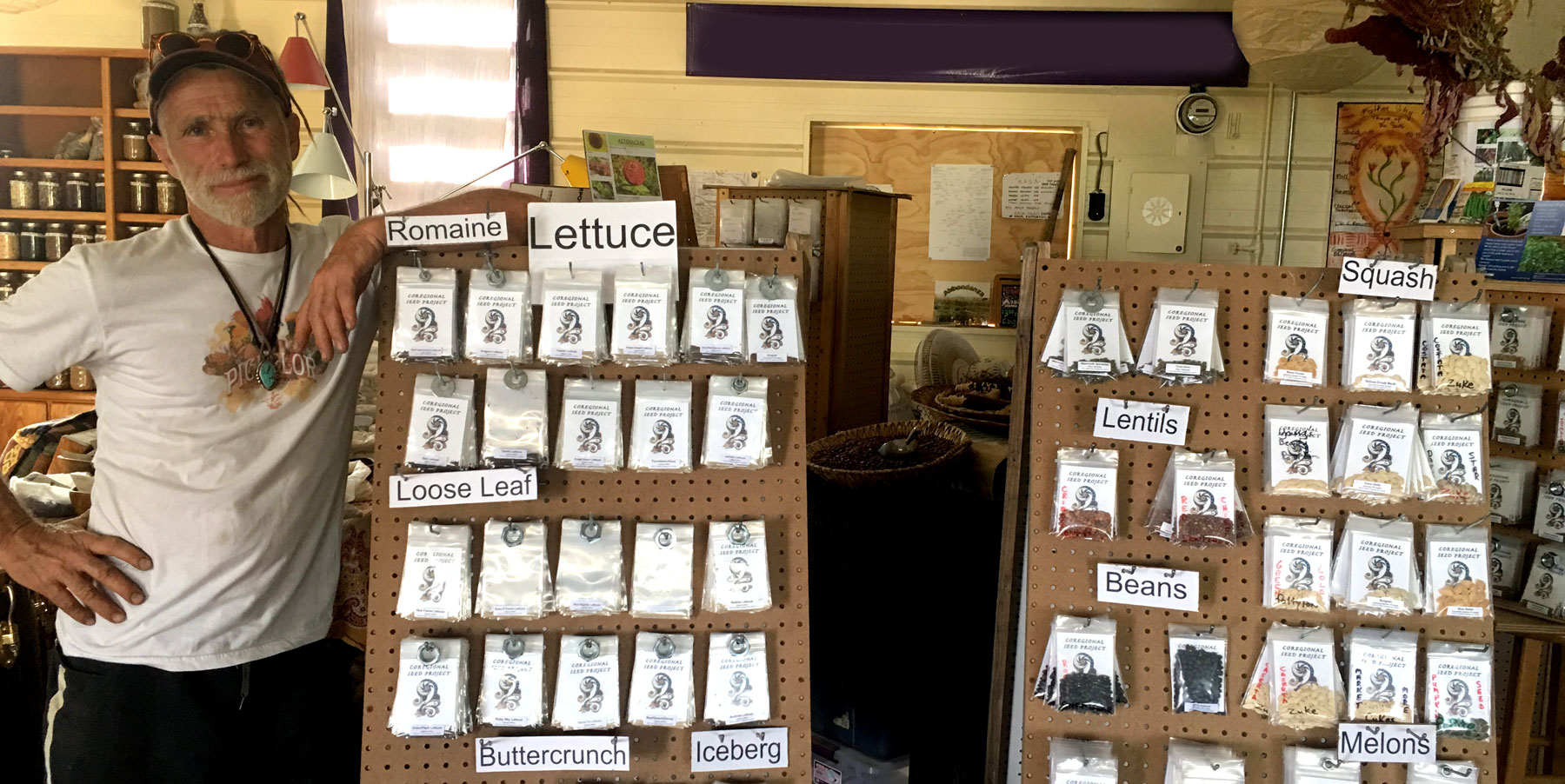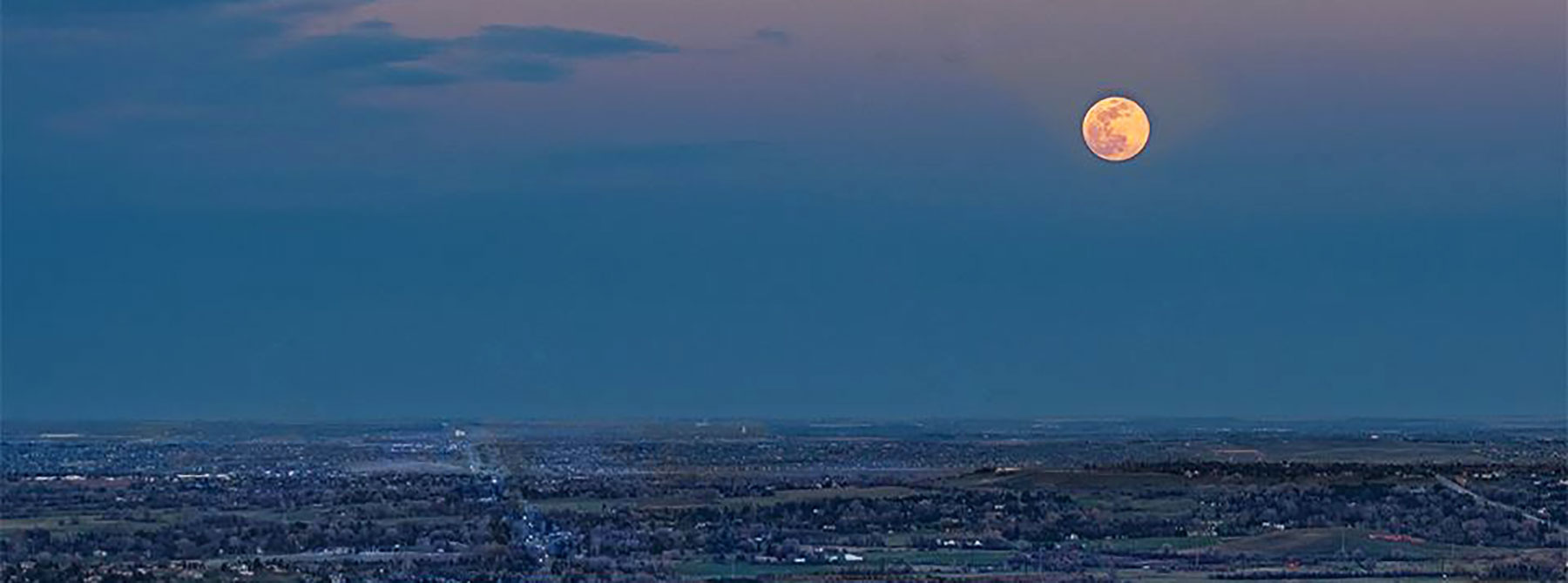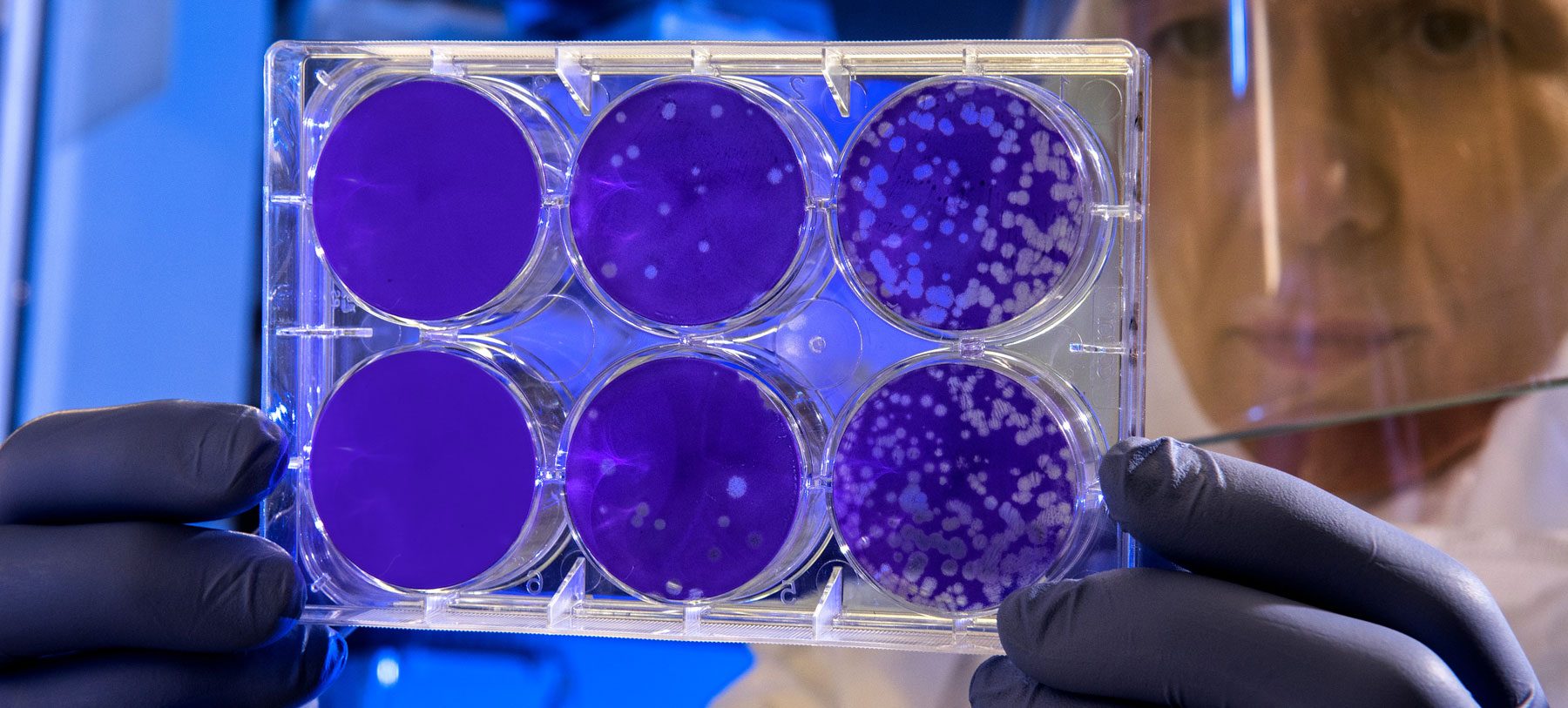Sitting on top of Mount Sanitas and gazing out over Boulder County’s vast plain shortly after moving to Boulder approximately two decades ago, Richard Pecoraro, a lifelong small-scale farmer, had a revelation — modern cities needed to build strong local connections to agriculture on a deeper level than many do.
Since then, Richard has also sold produce from his small Abbondanza farm at Boulder-area farmer’s markets. But he realized that as an isolated farmer he couldn’t make a dent in the broader foodshed, so he shifted focus and founded the MASA Seed Foundation, which aims to revamp local agriculture from the seed up.
The Boulder-based nonprofit is working to build the foundation for a Front Range local regenerative agriculture system, starting from the very base — with seeds. MASA wants to build a healthier, more sustainable local agriculture system.
The first step in executing this vision involves MASA developing a local seed house, a community center where professional and backyard farmers can share and collect locally adapted, non-hybridized seeds.

Seeds at MASA’s North Boulder headquarters. Photo: Paul Hagey.
Why local seeds
Many of the crops currently grown in Boulder (and most other places) come from hybrid seeds that companies have scientifically designed for higher pest and disease resistance, more yield and increased durability (for transport). However, these seeds often produce less nutritious, less adaptable food.
And perhaps more significantly, hybrid seeds have more narrow, non-localized genetic expression — they are essentially clones. By contrast, seeds from open-pollinated plants (meaning seeds harvested from plants pollinated where they grow), are children of the plants that produce them and express the full genetic diversity within the plants’ DNA.
If the seeds harvested from open-pollinated plants are planted in the same region, the plants develop true local adaptations. Farmers can select the most nutritious, best performing plants and develop varieties that will thrive locally.
Locally adapted seeds are inherently more sustainable, and contribute to a healthier foodshed, and this is what MASA’s trying to develop, starting with building up a bank of locally adapted seeds to fuel its seed house.

Corn varieties at MASA headquarters. Photo: Paul Hagey
MASA now
Daniel Golly, who works with MASA, estimates that just 2 percent of the food consumed in Boulder is grown locally. MASA hopes to increase this percentage by developing locally adapted seeds, which can lead to higher yields of better performing produce if cultivated correctly.
Currently, MASA is developing a locally adapted seed stock. It has between 300 and 400 varieties of regionally adapted seeds now, which include grains, medicinal herbs, edible flowers, fruits, vegetables and more.
MASA offers memberships for its seed co-op for an annual fee that works on a sliding scale.
The organization is working to develop an adopt-a-variety program in which members of the public will serve as stewards for specific seed varieties, grow and harvest them, and then share with the collective seed house.
Feature image: Richard Pecoraro at MASA’s North Boulder headquarters.



